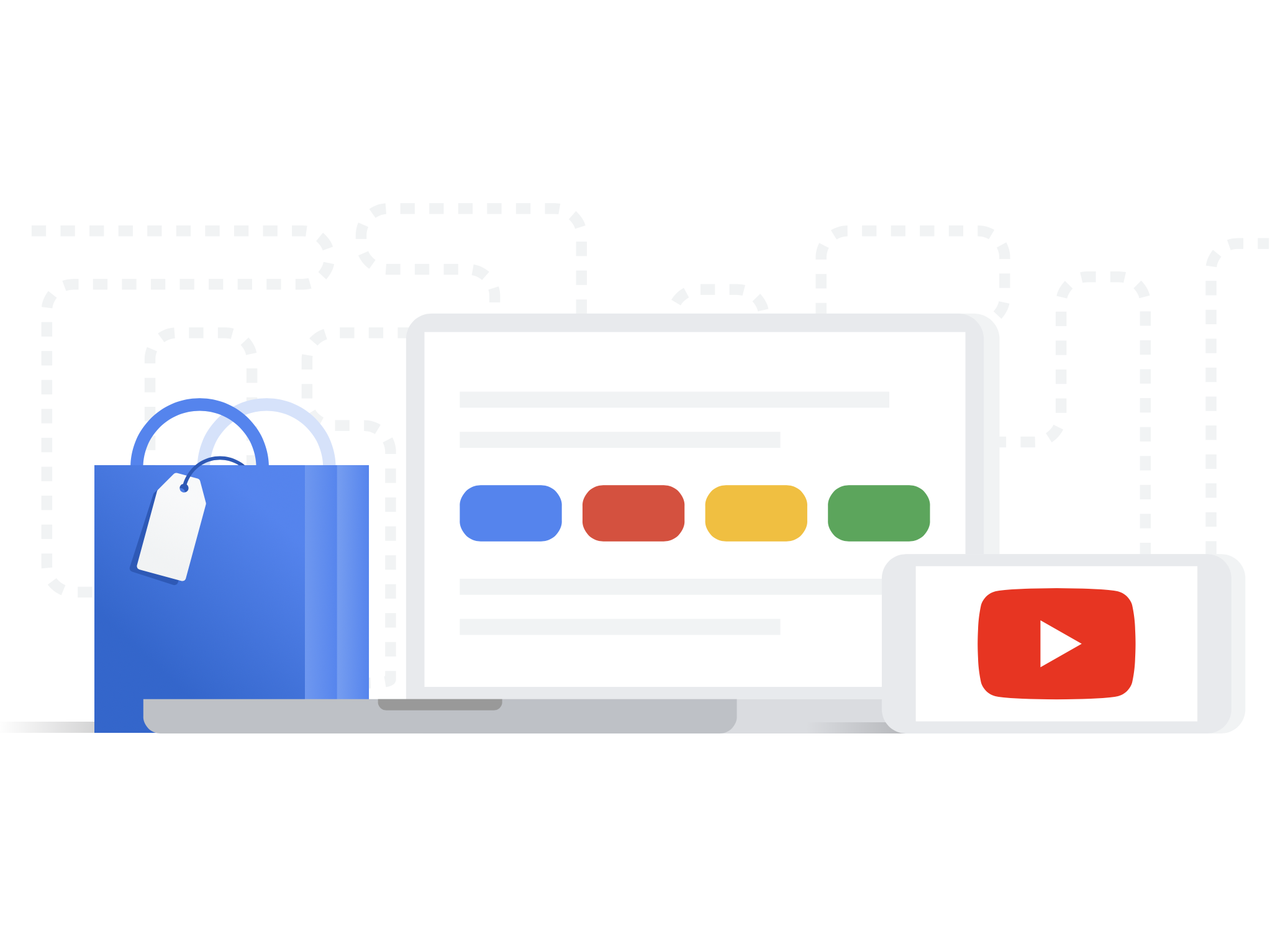It’s no secret that search giant Google has ways to learn as much information as possible about its users, in turn giving them a better and more accurate experience.
The main data Google collects is around your location, things like local amenities, clothing shops or supermarkets. But it’s worth remembering Google’s vast suite of other products – think Google Maps, Gmail, Google’s gaming platform Stadia and even Google Drive.
So now that Google has an understanding of what you like to search for, the websites you visit and the length of time you spend on those sites, what does it actually do with this information?

Google collates this data and finds ads from products or services that are relevant to what you have searched for. Whether you’ve searched for a fresh pair of trainers or the nearest pizza shop that delivers to your address, Google makes calculated decisions on what it thinks you’d like to see. The more relevant the ad, the more likely you are to click.
Ever wanted to check what information Google holds on you? Thankfully this isn’t hidden under lock and key, they legally have to allow users to view and amend it should they need to. Head to Google’s ad settings and make sure you’re signed in on your Gmail account to reveal a world of assumptions made by Google. It will show your age and gender at the top, with a list of your assumed interests and habits below.
To amend any of these, simply click on them to remove or edit.

Google considers ads to be personalised when they are based on previously collected or historical data to determine or influence ad selection, including a user’s previous search queries, activity, visits to sites or apps, demographic information, or location. That means if you’ve recently searched for a used BMW, Google will likely start showing you ads that follow a similar theme such as BMW M Performance accessories or even their rivals like Audi or Mercedes.
To summarise, don’t be too put-off that Google has this information on you, as it’s actually improving your user experience on not just its own products, but on other websites and platforms that support Google’s ad products too. Whilst it might seem like an invasion of privacy, turning every assumption off will cause Google to show you all kinds of ads, with almost all being totally unrelated to the things you’re interested in, meaning you’d miss out on potential new products or services that could really improve your life!
Ads are a part of how we consume content online now, and allowing Google to monitor your interests will improve your user experience massively, helping you find products that may have never been found without ad personalisation. For advertisers, this naturally helps to improve ROI and target their campaigns according to these interests, helping them put their marketing budgets into areas where they know will get results.
Follow AdFeeder for much more content around the world of Automotive and tech.


